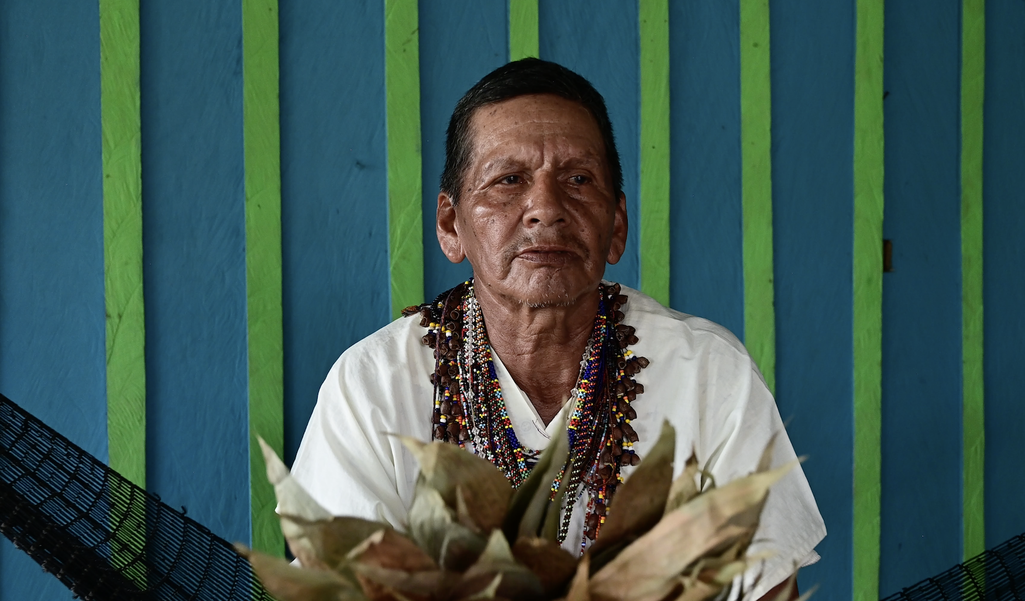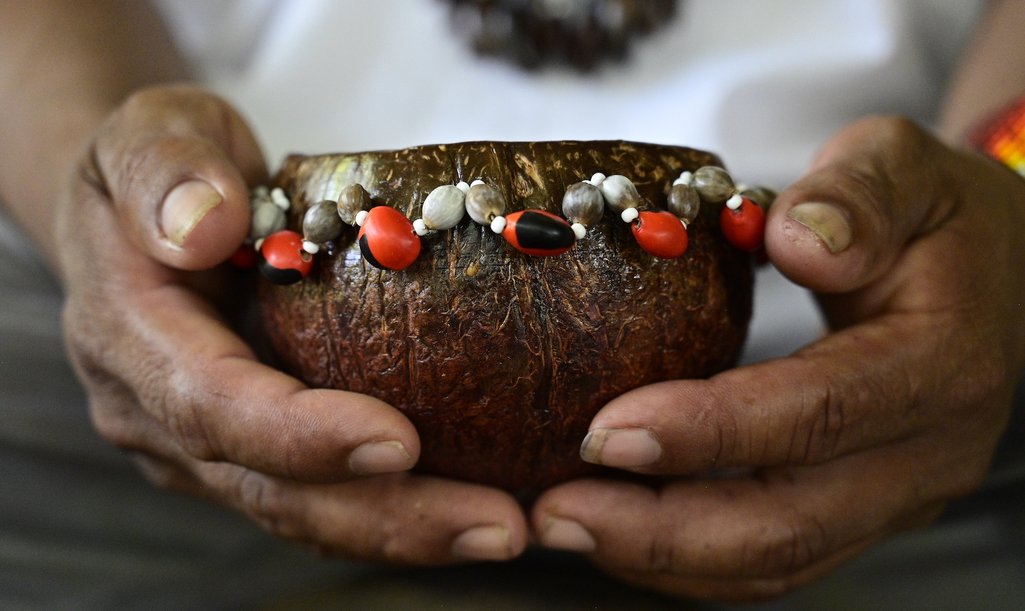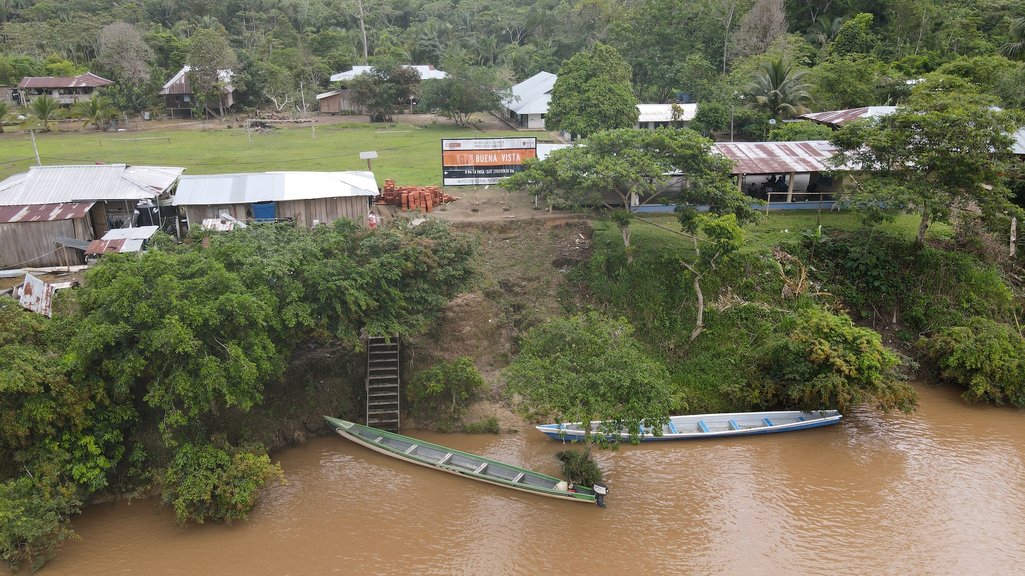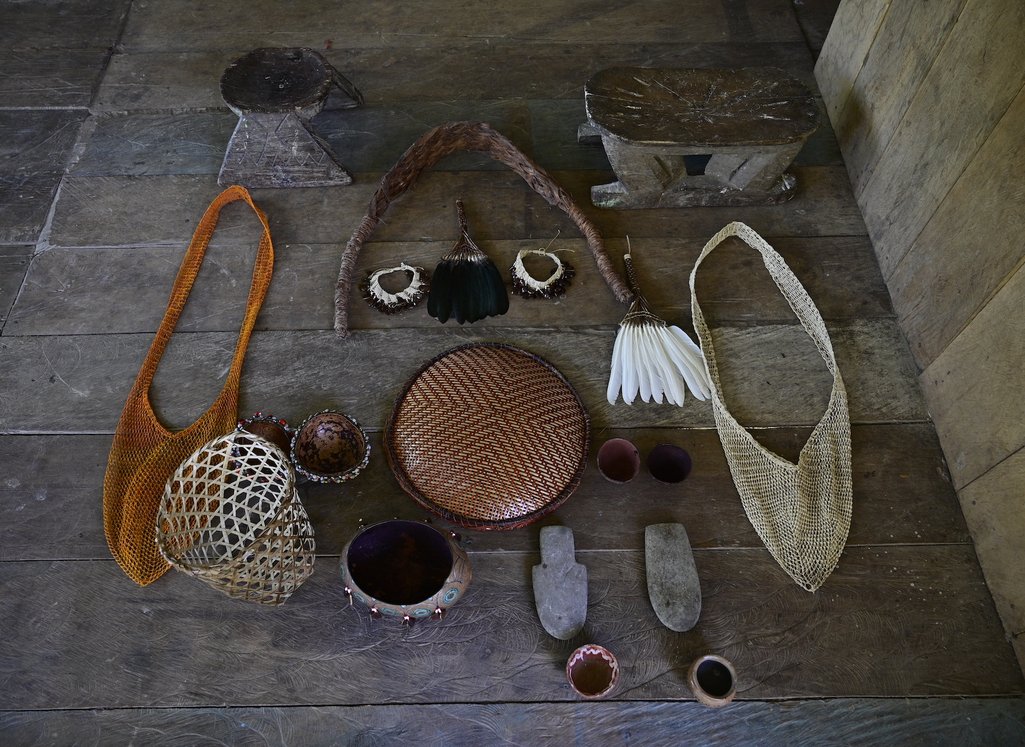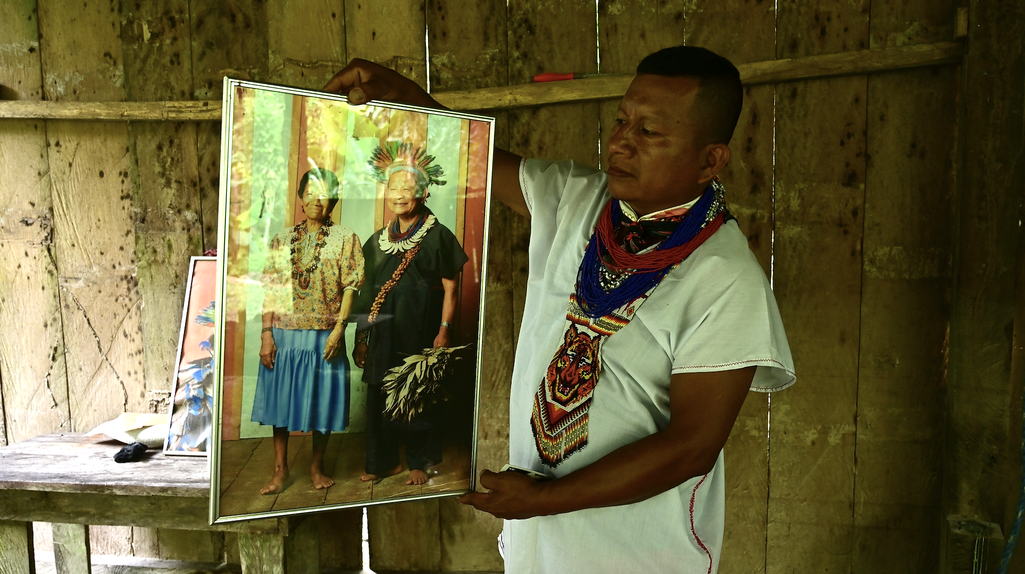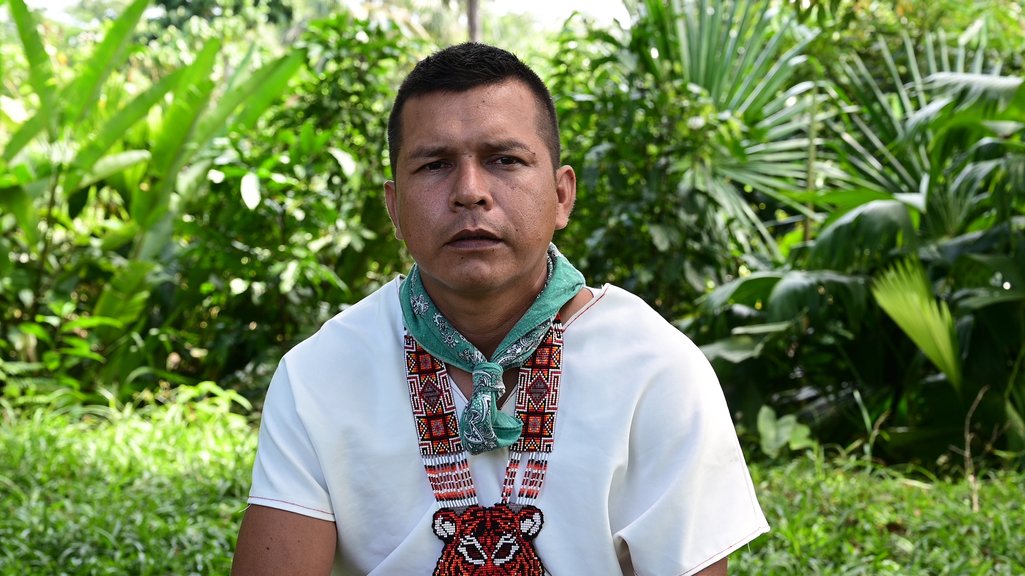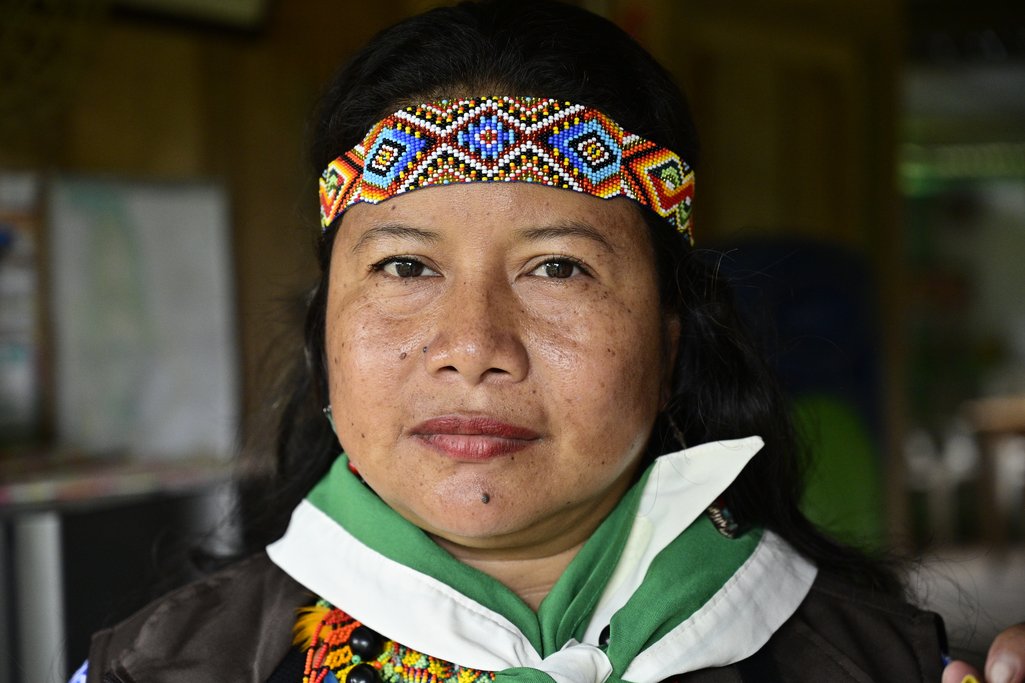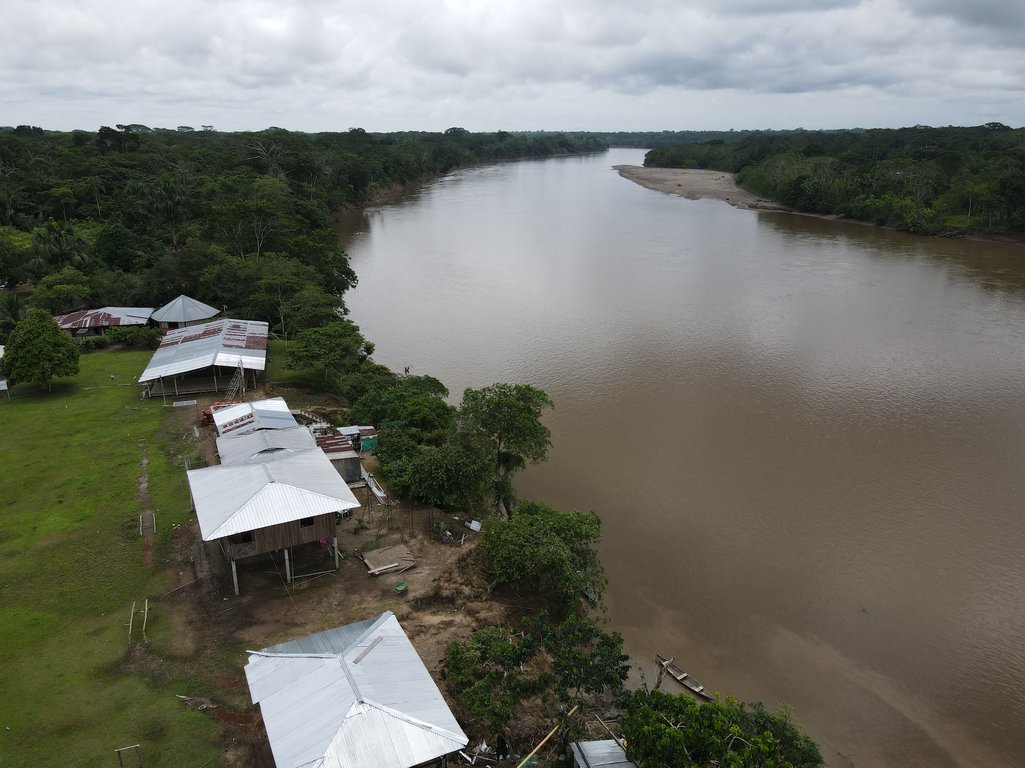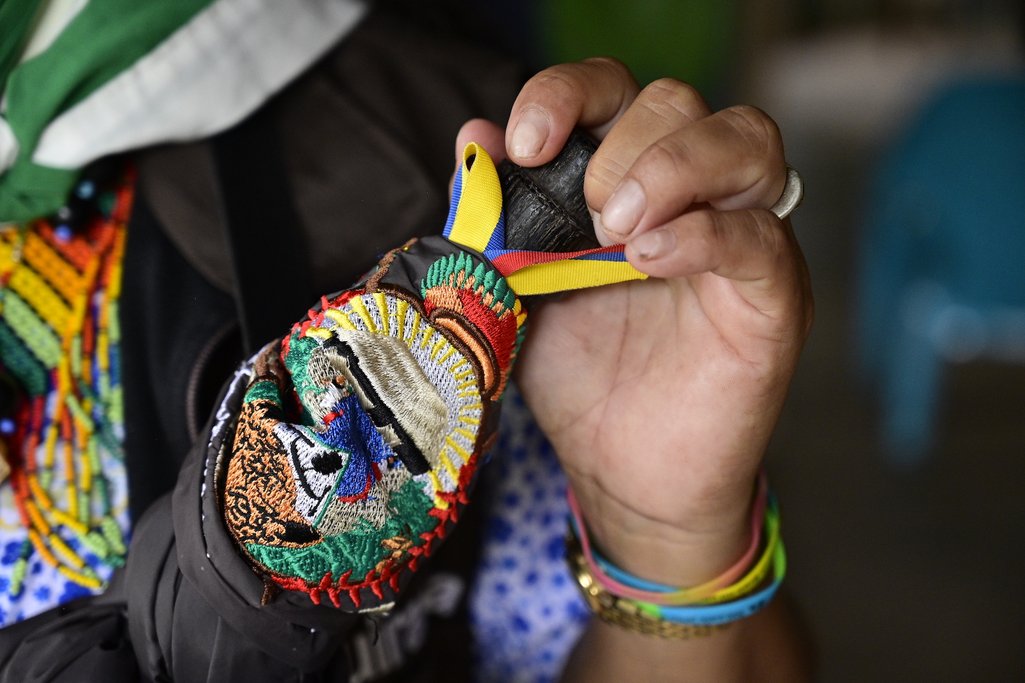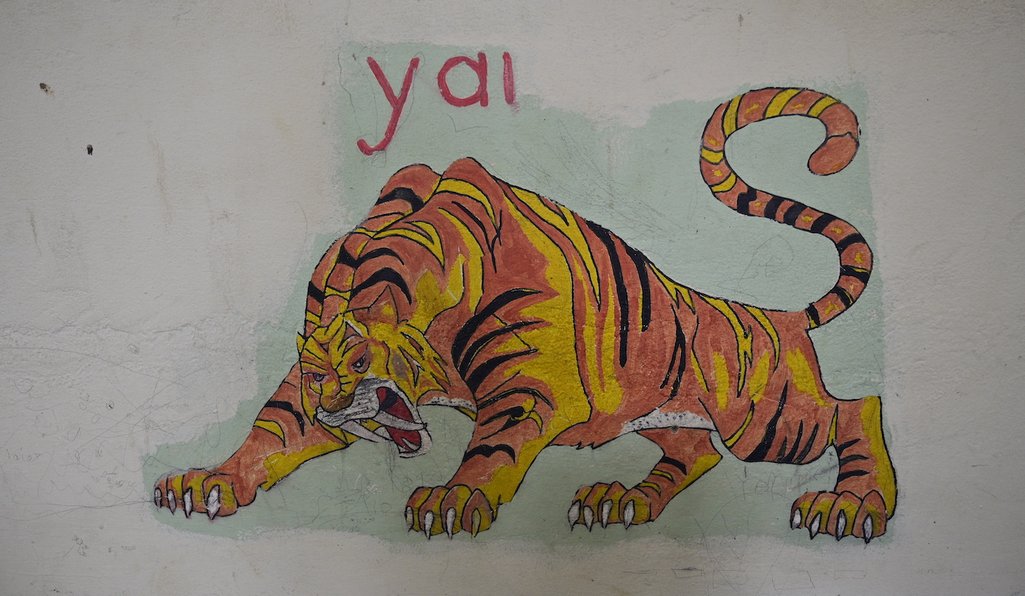This story excerpt was translated from Portuguese. To read the original story in full, visit Open Democracy. You may also view the original story on the Rainforest Journalism Fund website. Our website is available in English, Spanish, bahasa Indonesia, French, and Portuguese.
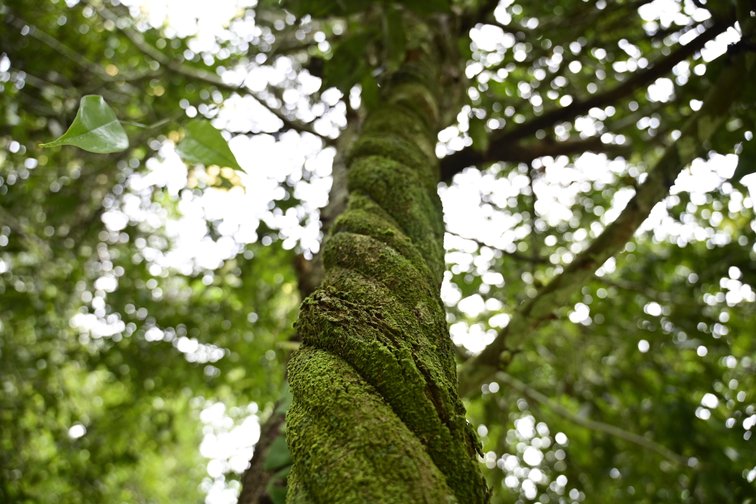
Oil exploration, armed conflict and occupation threaten the spirituality of the Putumayo people between Colombia and Ecuador
The spirit of the jaguar, ancestral guardian of the Siona, is weakened. Its power is barely felt in the jungles of the Colombian department of Putumayo, on the border with Ecuador.
The binational Indigenous group no longer has the silence needed to connect with their protective animal during ceremonies of the sacred yagé plant, known as ayahuasca among other Amazonian peoples. They blame oil companies, armed groups—legal and illegal—and occupation of rural dwellers for the noise, armed conflict, and confinement that disrupt their beliefs and spirituality.
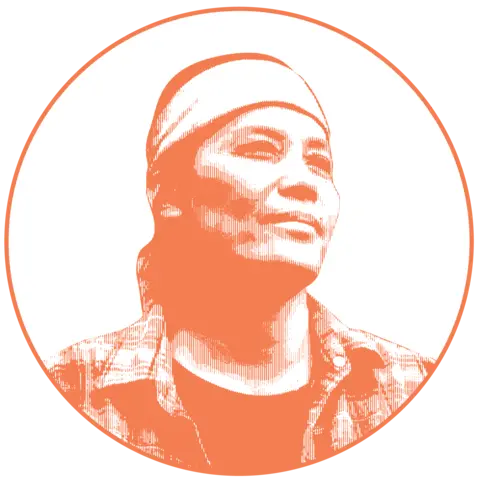
As a nonprofit journalism organization, we depend on your support to fund journalism covering underreported issues around the world. Donate any amount today to become a Pulitzer Center Champion and receive exclusive benefits!
In a wooden house on the left bank of the Putumayo River lives Pablo Maniaguaje Yaiguaje, one of the wise men—or taitas—and healers of the Siona (Zio Baín) Buenavista Indigenous Land. The taita fears that the incessant noise of the oil wells will prevent him from calmly performing the tomas, or yagé ceremonies, where community members consume an infusion of plants and vines that grow in the jungle amid ancestral chants and prayers.
While taking the yagé, the Siona relax and can see the pinta, images that represent life, the cosmos, nature, and sacred animals. They also hear the voices of spiritual beings and their god, the yagé, who gives messages to guide his people. Some taitas see and speak to the jaguar. The connection happens deep in the jungle, at night and in silence.
